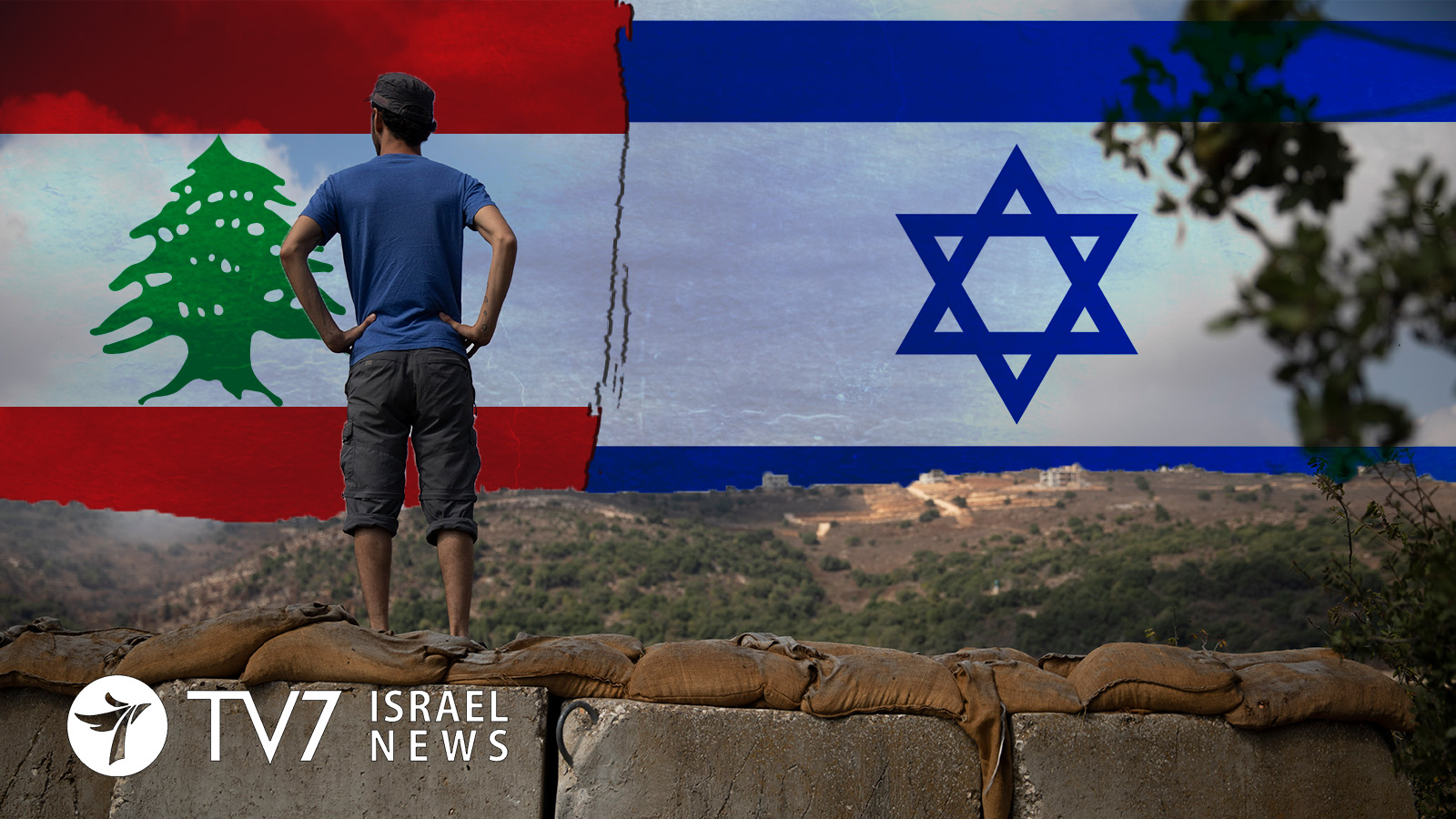Israel and Lebanon have agreed to a framework for talks to end the longtime dispute over borders to be mediated by the United States.
The two countries are still in a formal state of war, notably waged in 1982 and 2006; as well as multiple other military conflicts. They are today separated by the so-called “Blue Line” set by the United Nations 7 June 2000 to determine Israel’s full withdrawal from Lebanon. This demarcation is only meters shy of the preceding 1949 “Green Line” along armistice lines set in the aftermath of the 1948 Arab–Israeli War that broke out when 7 Arab armies attacked the newly-founded Jewish State; which in turn had been based on the 1923 line set by the League of Nations to separate former French and British Mandates.
Lebanon has long refused to negotiate permanent borders with Israel, which Beirut leaders believed would be tantamount to recognition of the Jewish State.
The two countries have also maintained a lengthy dispute over natural gas exploration in the eastern Mediterranean Sea, and Israeli Energy Minister Yuval Steinitz confirmed the U.S.-brokered talks will include maritime boundaries. An area of the Mediterranean Sea on the edge of three Lebanese offshore energy blocks has been a major point of contention.
The U.S. State Department welcomed the agreement and said it had taken three years of diplomacy to achieve. According to Secretary of State Mike Pompeo, the discussions “have the potential to yield greater stability, security, and prosperity for Lebanese and Israeli citizens alike.”
Assistant Secretary of State for Near Eastern Affairs David Schenker informed reporters in a telephone briefing that he will represent the United States in the negotiations, which are slated to begin in the week of 12 October.
Lebanese Parliament Speaker Nabih Berri insisted the upcoming talks are aimed at “a framework agreement, not a final one.” Berri’s statements come less than a month after Washington imposed sanctions on his top aide for corruption and financially enabling Hezbollah, the Iran-backed Lebanese group which the Trump Administration has designated as a terrorist organization.
The heavily armed Hezbollah was Israel’s chief combatant during the Second Lebanon War in 2006.
Beirut’s agreement with Israel comes as Lebanon faces its worst crisis since its 1975-1990 civil war. Deep political turmoil marked by mass protest has been ongoing for a year now, and the country’s financial meltdown was further compounded by a massive port explosion that devastated the capital on 4 August and killed nearly 200 people.
It also follows the historic signing of the Abraham Accords in Washington between Israel and two Gulf Arab states to normalize relations.
